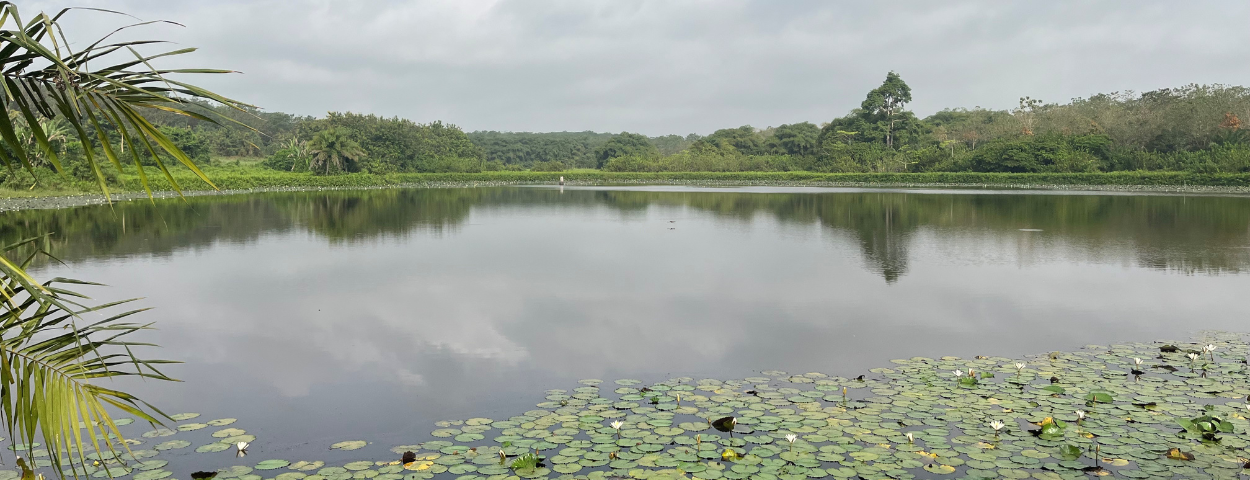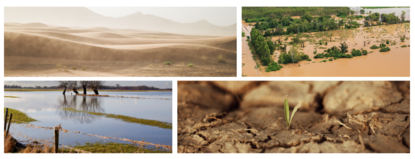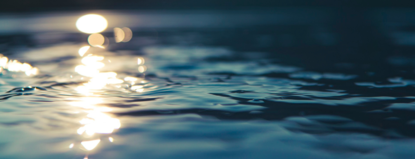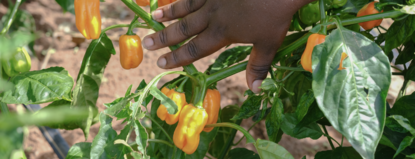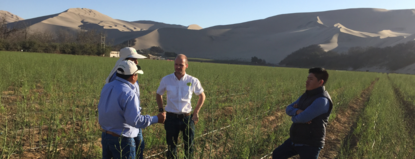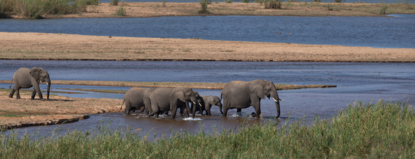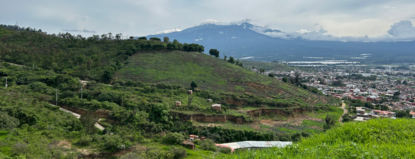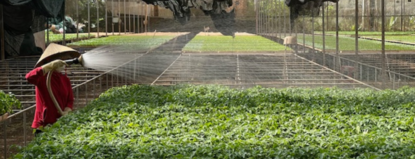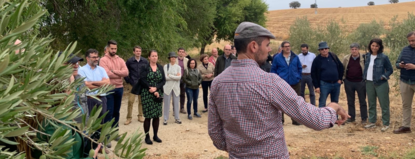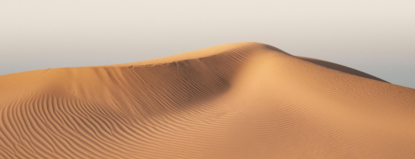Water, food security, and biodiversity are inherently connected, forming the backbone of sustainable development in any region. In Côte d'Ivoire, these elements face significant challenges, demanding innovative and sustainable solutions. Ben Kubbinga, Agricultural Counselor for Côte d'Ivoire and Senegal and stationed at the Dutch embassy in Abidjan, offers a deep dive into these pressing issues and the measures taken to address them.
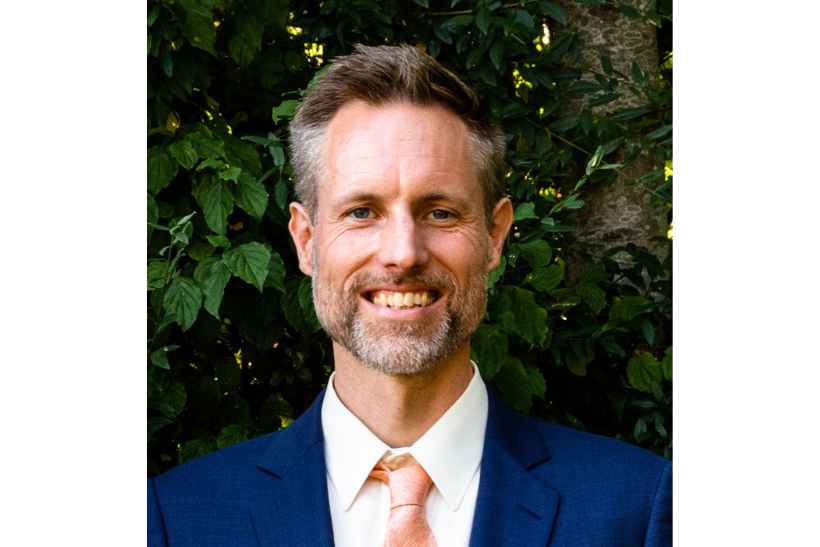
Kubbinga identifies two primary water-related issues in Côte d'Ivoire: coastal erosion and water pollution. Coastal erosion, a widespread problem along the West African coast, has severely affected the region of Abidjan, the economic capital. Homes have been destroyed by the advancing sea, reflecting the urgent need for sustainable coastal management.
Water pollution, caused for instance by illegal gold mining, presents a significant threat to both human health and agriculture. "Mercury used in the mining process contaminates groundwater and accumulates in fish," Kubbinga explains. “The contamination of water sources with mercury not only endangers human health but also disrupts agricultural activities.”
Gold mining and agriculture
The impact of (illegal) gold mining on agriculture is multifaceted. Illegal gold miners in particular often destroy trees and vegetation to access gold, leading to deforestation and soil degradation. Additionally, the use of high-pressure water to extract gold depletes groundwater resources. The mercury pollutes groundwater and surface water, crucial for both cocoa production in the south and other agricultural activities in the north of the country. The environmental degradation and resource depletion pose significant risks to agricultural productivity. Côte d'Ivoire is currently looking at ways to make the gold mining industry more sustainable. Over the past two years, the European Partnership for Responsible Minerals has been enabling traders to build and sustain a responsible artisanal gold sector in Côte d'Ivoire.
"We want to develop a biodiversity strategy where we can show and apply Dutch water expertise in our cooperation with Côte d’Ivoire on biodiversity."
Sustainable water management
Recognizing the link between agricultural productivity, water and biodiversity, Kubbinga highlights the importance of integrating biodiversity conservation in sustainable water management. That is why Kubbinga and his team look broadly at opportunities for cooperation in the field of biodiversity. "We want to develop a biodiversity strategy where we can show and apply Dutch water expertise in our cooperation with Côte d'Ivoire on biodiversity," he notes. Such a strategy would include, for instance, addressing water pollution and deforestation as key drivers of biodiversity loss and exploring nature-based solutions like mangrove restoration for coastal protection. The program BENKADI in Côte d'Ivoire is an example of a project funded by the Netherlands focused on mitigating and adapting to the effects of coastal erosion and preserving protected areas facing extensive agriculture.
Furthermore, Kubbinga stresses the need for long-term water management solutions that go beyond short-term fixes. "Digging holes or putting water pumps everywhere is a short-term solution," he cautions. Instead, he advocates for better rainwater harvesting and groundwater replenishment practices, alongside technologies like drip irrigation, to ensure sustainable water use.
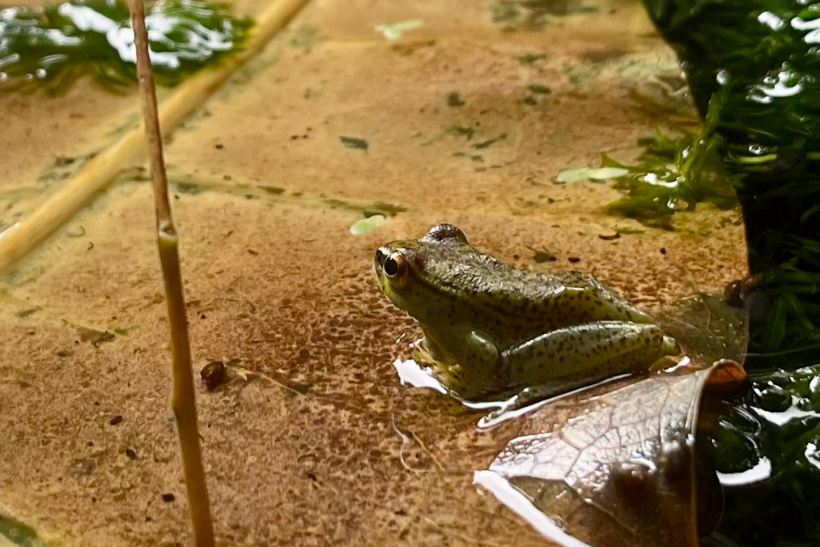
By developing drought-tolerant seeds, the Dutch expertise can help improve food security and agricultural resilience in Côte d'Ivoire.
Sustainable agriculture initiatives
Kubbinga's role as Agricultural Counselor involves facilitating sustainable agricultural practices through Dutch expertise. An integral part of these sustainable agriculture initiatives is the emphasis on seed development. The Netherlands is renowned for its expertise in seed development, which plays a crucial role in enhancing agricultural productivity and sustainability. "The seed development sector is very strong in the Netherlands, with a lot of knowledge and intellectual property rights on those seeds," Kubbinga explains. Dutch seed suppliers developing seeds that fit the (changing) climate are already active in Côte d'Ivoire, such as: Rijk Zwaan, Enza Zaden, Bakker Brothers and East-West Seed. By developing drought-tolerant seeds, the Dutch expertise can help improve food security and agricultural resilience in Côte d'Ivoire: a short-term strategy optimizing climate adaptation.
One notable initiative is the horticulture program “Horti Nord” focused on crops like tomatoes, cucumbers, and legumes. This program aims to promote sustainable agricultural practices, including better water management and reduced chemical inputs. "We want to do that in a more sustainable way by applying inputs in a more efficient way and training youth (i.e. students) and farmers in good agricultural practices," Kubbinga emphasizes. The program incorporates agroecological principles to improve soil health and water retention. An example of this is LONO, a Dutch-Ivorian company, that makes bio-compost from all kinds of organic waste flows. In turn, the compost is used to enrich local agricultural soils. By focusing on healthy soils, the horticulture program helps mitigate erosion and enhance water retention, crucial for sustainable agriculture.
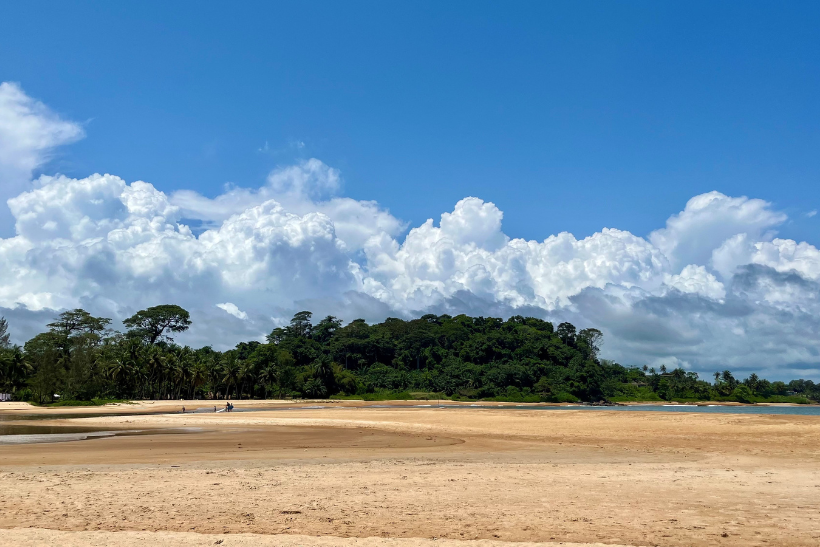
A promising path forward
Ben Kubbinga's insights underscore the connections between water, food security, and biodiversity in Côte d'Ivoire. While challenges like coastal erosion and water pollution from illegal gold mining are complex, initiatives focused on sustainable agriculture and long-term water management offer promising pathways forward. By leveraging Dutch expertise and fostering local cooperation, these efforts aim to create a more resilient and sustainable agricultural landscape in the land of ‘Les Eléphants’, contributing to broader goals of food security and biodiversity conservation.
More information and contact
For more information, you can visit the country page of Côte d'Ivoire on the website Agroberichtenbuitenland.nl of the Dutch Ministry of Agriculture, Fisheries, Food Security and Nature. You can also send an e-mail to the agricultural team at the Dutch Embassy in Abidjan: abi-lnv@minbuza.nl.
